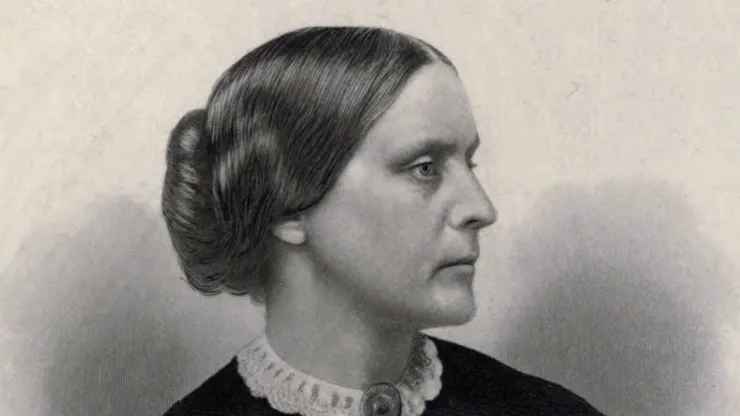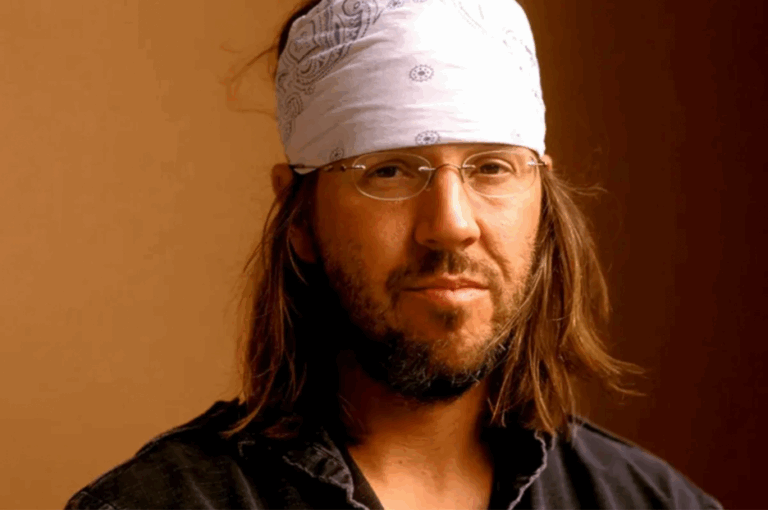Talking Big Ideas.
“There is a terrific fear of . . . being the unique human one is.”
~ Marie-Louise von Franz
As a little boy, Richard Rorty figured out the meaning of life.
“I knew that the point of being human was to spend one’s life fighting for social justice,” he wrote.
His parents were dedicated followers of Leon Trotsky, the famous Russian whose ideology embraced permanent revolution. Rorty was nine years old when Trotsky was assassinated, and one of his key secretaries went into hiding – in Rorty’s house.
Not long afterward a dear friend of Rorty’s parents, the socialist activist Carlo Tresca, was shot to death walking down the street in New York City.
Trotsky and Tresca both dedicated and ultimately gave their lives to the cause. Rorty knew this was the correct path. Yet he secretly loved spending time doing “weird” things, like strolling through the mountains and searching for wild orchids.
Surely Trotksy and Tresca would not approve of such time-wasting activities. What do pretty flowers have to do with permanent revolution?! Childhood certainty gave way to adolescent doubt. Rorty desired to fit in and show the world he was committed to Trotskyism. But he knew there was more inside him than that:
“I wanted a way to be both . . . a nerd recluse and a fighter for justice. I was very confused.”
Decades later Richard Rorty was recognized as one of the 20th century’s great philosophers. He wrote perhaps his most classic essay, Trotsky and the Wild Orchids, examining this tension.
We all feel it.
The push to continuously work on projects. The need to always be fighting for progress. The pressure to conform. The guilt of basking in leisure.
In his outstanding book Four Thousand Weeks, Oliver Burkeman distinguishes between telic and atelic activities.
Telic activities have an aim. We do them to improve something. We seek to build or arrive at an enhanced future state. For example, working on a project, practicing an upcoming speech, taking to the streets to fight for justice. Our focus with these activities is in the future.
Personal growth and societal advancement are dependent on telic activities. Yet they can burn us out. We tell ourselves that once we’ve got all our big projects done, then we can relax and live well.
Except the projects are endless.
We never reach the magic moment when everything is in its proper place. If we don’t intentionally make time to pause and step away, all of life becomes a firehose of never-ending stuff coming at us.
Burkeman explains that if we’re not careful, we can give all our attention to the future and miss out on our lives. He argues that a key to a meaningful life is, perhaps counterintuitively, filling our days with atelic pleasures.
Atelic activities have no aim. We simply enjoy them as experiences, like strolling through nature and paying attention to the pretty flowers. The most fulfilling of these are often shared with others. For example, simply getting together with loved ones, playing games and laughing.
What matters most isn’t how much productive or free time we have, but how much we are free to enjoy time doing what we love. And often with people we love.
Watch out for the pressure to spend your leisure in a telic state. We often see leisure as time for skill development. Learn a new language, practice musical scales, research how to be a better parent, etc. We can even feel obligated to justify simple relaxation as a way to be more productive the next day. As if the only value in leisure is to help us make progress in the future.
Burkeman explains that the average person today will live about 4,000 weeks. Our time is more limited than it seems. How should we spend it? He writes:
The world is bursting with wonder, and yet it’s the rare productivity guru who seems to have considered the possibility that the ultimate point of all our frenetic doing might be to experience more of that wonder . . . we yearn for more meaning, yet rarely get around to doing the meaningful things.
As Burkeman says, there’s no magical time in the future when more than 24 hours will appear in a day. Our endless firehose of to-dos robs us of time to do what we really want. The firehose often fills us with anxiety and dread.
We can take a different path.
As James Clear asks: Six months – or six years – from now, what will you wish you had spent time on this upcoming holiday week?
In his magnum opus, History of the Russian Revolution, Leon Trotksy wrote:
The historic ascent of humanity, taken as a whole, may be summarized as a succession of victories of consciousness over blind forces – in nature, in society, in man himself.
Consider the blind forces pushing you right now to engage in productive work rather than leisure. The stress you may feel to complete a project. The desire to do one more task to advance the mission. The craving to make the world around you a little bit better.
Give yourself permission to pause. Enjoy some leisure.
Commit to making time this week to unplug
and enjoy atelic pleasures with loved ones.
This final week of the year, I encourage you to resist the urge to slog. Instead, enjoy being with loved ones. For its own sake.
Make time for your wild orchids.




